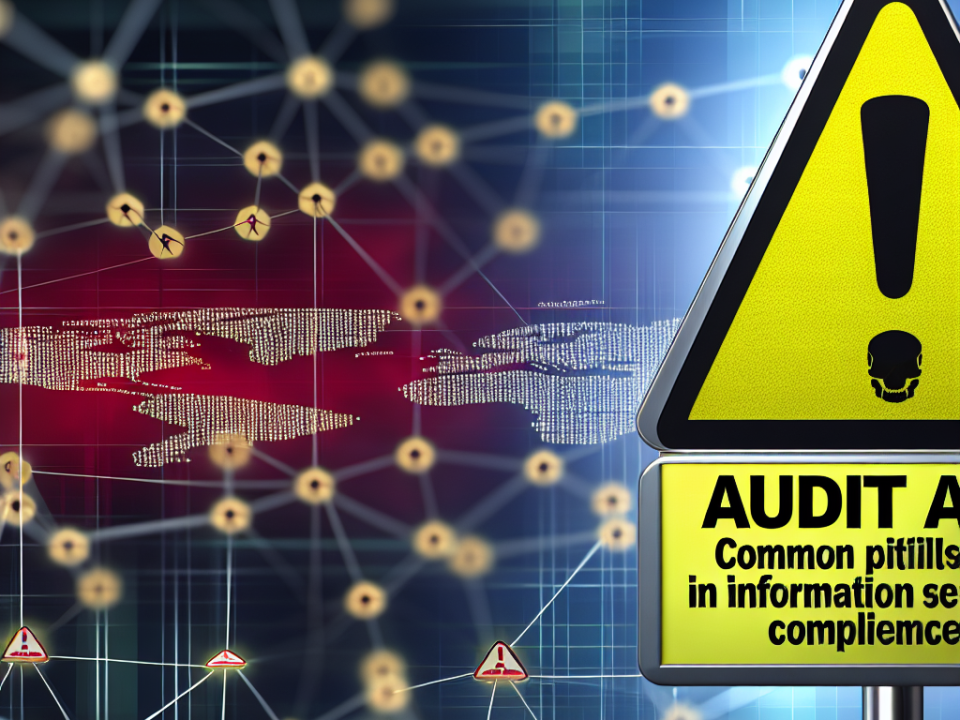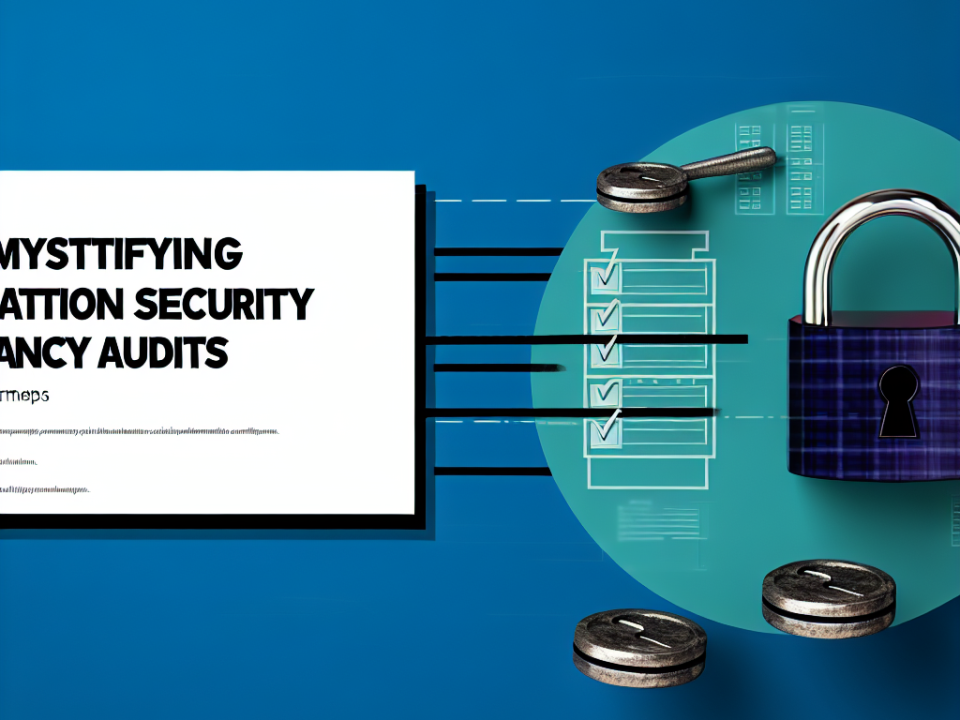
Survive and Thrive: Transforming Your Data Recovery Strategy for Cyber Resilience
September 21, 2025
Feel free to mix and match phrases or adjust them to better fit your specific audience!
September 22, 2025Strengthening the Foundation: The Importance of Industry Security Standards
In today’s digital age, where information is generated, shared, and stored at unprecedented rates, the demand for security has never been more critical. Various sectors, ranging from finance to healthcare, rely on robust security frameworks to protect sensitive data and maintain the trust of their customers. This is where industry security standards come into play. These standards serve as a crucial foundation for building a secure, resilient infrastructure that can withstand the evolving landscape of cyber threats.
What Are Industry Security Standards?
Industry security standards are established guidelines and protocols developed by regulatory bodies, industry groups, and standardization organizations. They are designed to provide frameworks for organizations to manage risk, secure data, and protect against threats. Examples include the Payment Card Industry Data Security Standard (PCI DSS) for payment processing, the Health Insurance Portability and Accountability Act (HIPAA) for healthcare, and the International Organization for Standardization (ISO) 27001 for information security management.
The Role of Industry Security Standards
-
Risk Management:
Industry security standards help organizations identify, assess, and mitigate risks associated with their digital assets. By adhering to these guidelines, companies can create a structured approach to risk management that ensures compliance and minimizes vulnerabilities. -
Establishing Trust:
Adopting industry security standards signals to customers that a company is committed to protecting their information. This trust is critical, especially in sectors handling sensitive data, such as financial institutions and healthcare providers. Compliance with recognized standards can enhance brand reputation and foster customer loyalty. -
Facilitating Compliance:
Many industries are subject to stringent regulatory requirements. Industry security standards can serve as a roadmap for compliance, making it easier for organizations to navigate the complex landscape of rules and regulations. Non-compliance can lead to hefty fines, legal repercussions, and loss of business. -
Promoting Best Practices:
Industry security standards are often derived from the collective knowledge and experiences of experts within a specific sector. They incorporate best practices that organizations can adopt to strengthen their security posture. This can include recommendations for encryption, access control, and incident response. - Encouraging Collaboration:
As cyber threats become more sophisticated, no single organization can combat them alone. Industry security standards promote collaboration and information-sharing among companies, helping them stay informed about emerging threats and effective defense strategies.
Challenges in Implementing Standards
While the benefits of adhering to industry security standards are clear, organizations may face challenges in implementation. These can include:
- Costs: Achieving compliance can require significant investment in technology and training.
- Complexity: Interpreting and implementing complex standards can be daunting, particularly for small to mid-sized enterprises with limited resources.
- Evolving Threat Landscape: Cyber threats are constantly evolving; standards may need to be frequently updated to remain relevant.
The Future of Industry Security Standards
As technology continues to advance and cyber threats become more sophisticated, the importance of industry security standards will only increase. The rise of artificial intelligence, the Internet of Things (IoT), and cloud computing presents new challenges and opportunities for security. Standards will need to evolve to address these developments effectively.
Furthermore, as industries become more interconnected, standardization across sectors will be crucial. A collaborative approach to developing and implementing standards can lead to more effective defenses against cyber threats.
Conclusion
Strengthening the foundation of information security through established industry standards is vital in today’s digital landscape. By promoting risk management, establishing trust, ensuring compliance, encouraging best practices, and fostering collaboration, these standards provide a comprehensive framework for organizations to protect sensitive data and maintain operational integrity. As we move forward, embracing and refining these standards will be essential for building a secure, resilient future in an ever-evolving cyber landscape.







